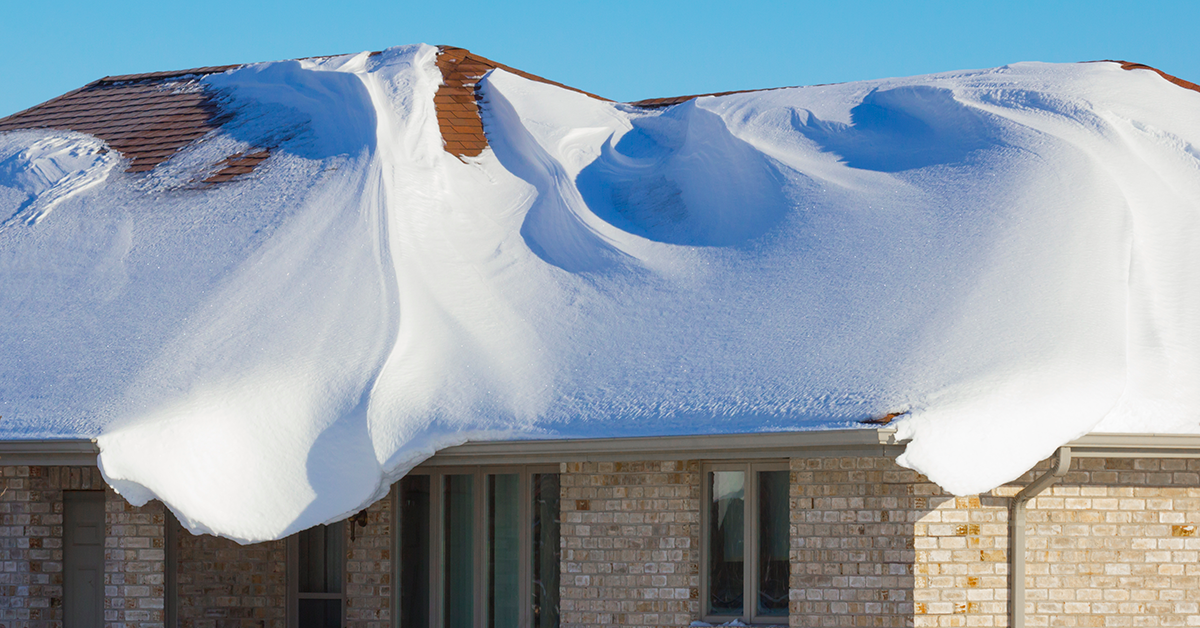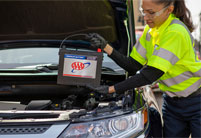Winter weather impacting your roof?
Winter weather impacting your roof?

Whether you’re making standard fixes or replacing the whole roof, selecting the right contractor can help you avoid problems immediately and in the future.
Confirm that the roofer is properly licensed and insured.
A legitimate roofer will be able to furnish an up-to-date license and proof of insurance. Call the city to make sure the license is valid and call the roofer’s insurance company to confirm that their worker’s compensation and liability insurance is valid. Be sure to also ask the roofer if they use subcontractors—if they do, verify that the subcontractors are licensed and insured as well.
Choose a recommended contractor from your community.
Reduce your chances of being scammed by getting several local referrals. Local contractors are more likely to be familiar with city codes and rules and have relationships with other workers and suppliers nearby. Ask for references!
Consider manufacturer designations.
A contractor with one or more credentials or certificates is considered “credentialed.” These credentials—often issued by manufacturers—speak to the contractor’s qualifications and expertise, so ask them if they have earned any.
Check out their Better Business Bureau (BBB) ratings.
Visit bbb.org to see details like how long the contractor you are considering hiring has been business, and whether any complaints have been filed against them. You may want to consider hiring a contractor that has BBB accreditation.
Get an extensive warranty.
Some contractors can offer manufacturer’s warranties that cover their workmanship. These warranties are helpful in case shoddy workmanship reveals itself long after the job is done, so ask your contractor whether they can offer one.
Know your material options.
Not all materials are created equally, and your contractor should lay out several options for you. What you choose can not only impact the resale value of your home, it can also impact how well your roof fares during severe weather or a natural disaster. Also, do your own research to determine what materials are best for your home.
Get a written contract.
Once you’ve selected a contractor, always get a detailed written contract that clearly states everything the contractor will do, including prices for labor, materials and permits.
Never pay upfront.
Pay for the work in installments, as the phases of the job are completed. Avoid paying with cash—instead, use a check or credit card. Most importantly, verify that the work is complete before paying all invoices. Never pay a contractor in full, or sign a completion certificate, until you are satisfied with the job.
For more information about selecting a roofing contractor, talk to your AAA insurance agent.












